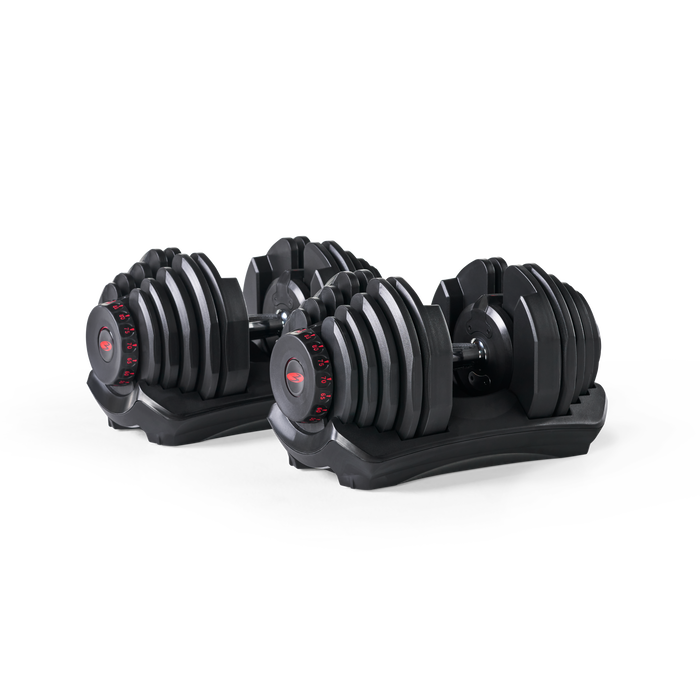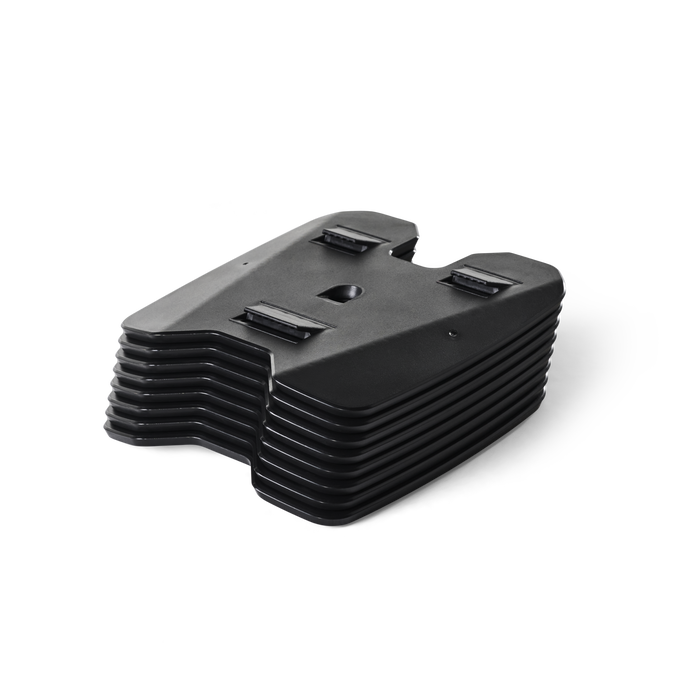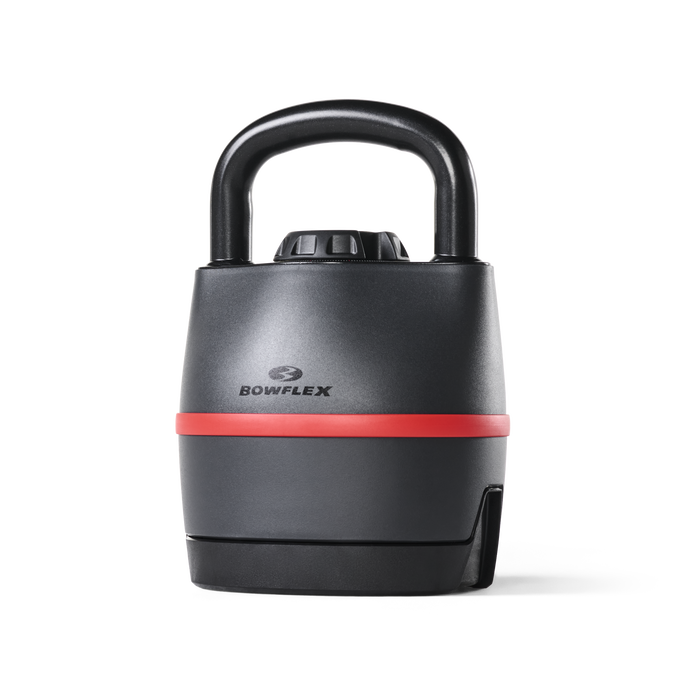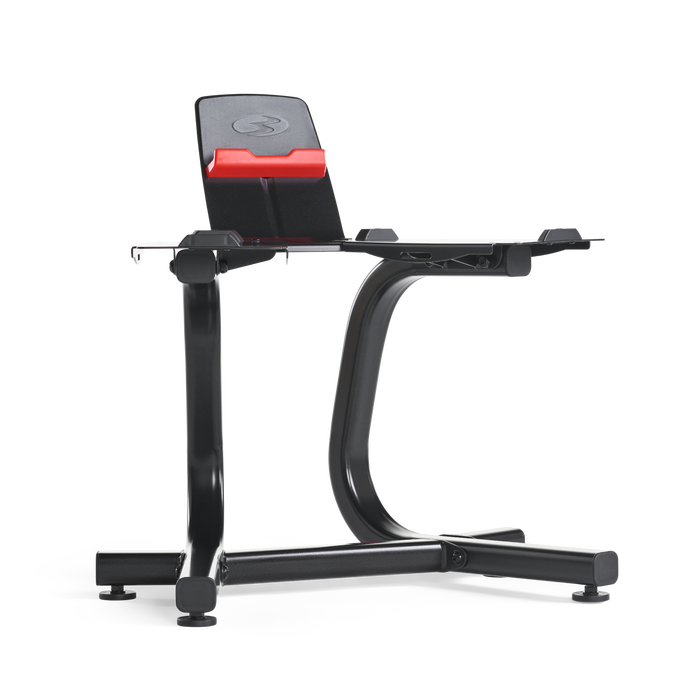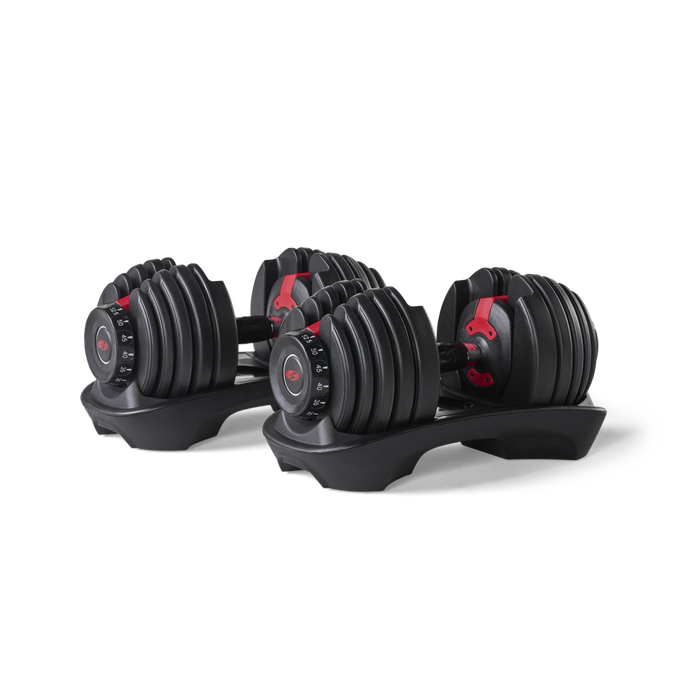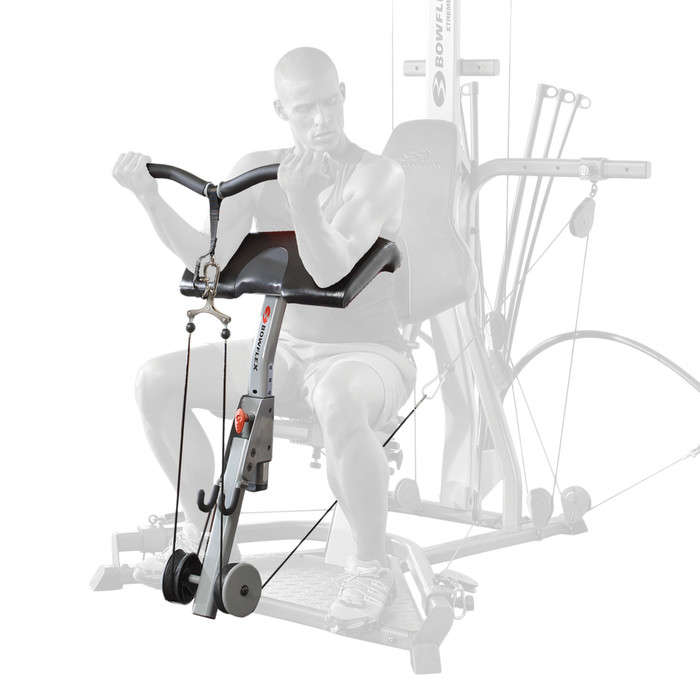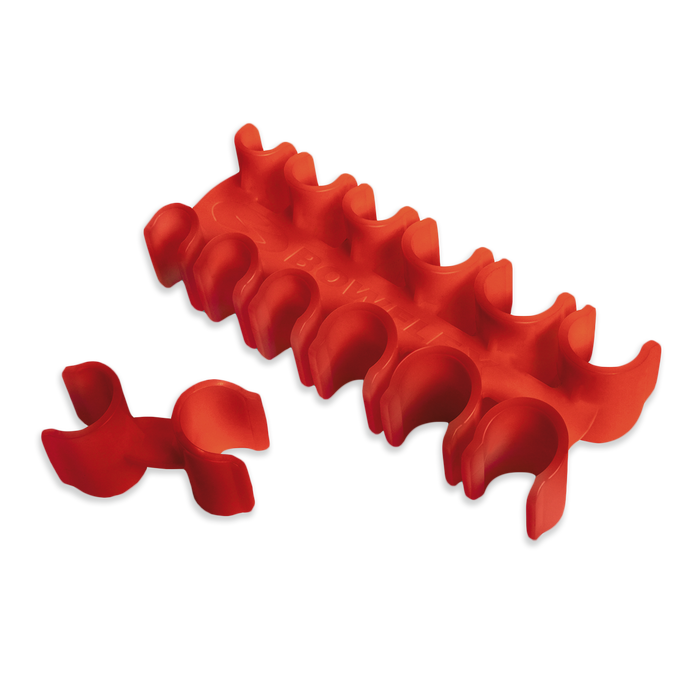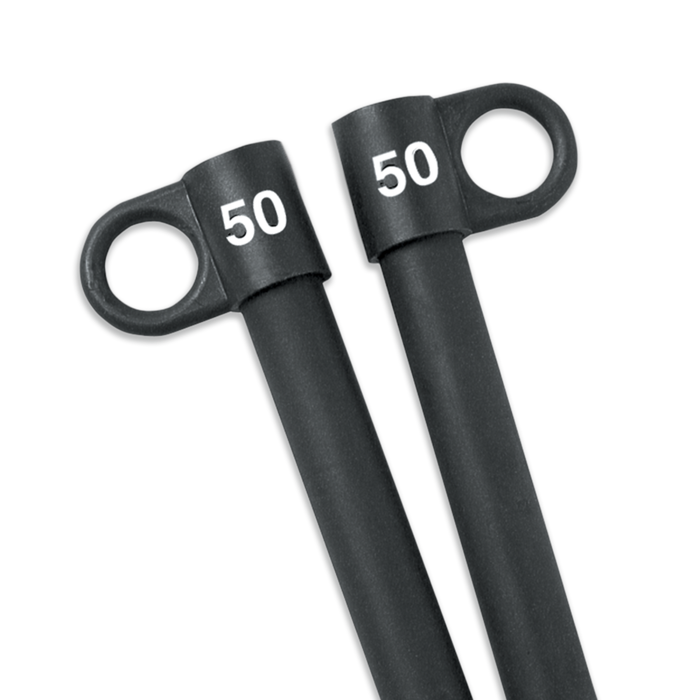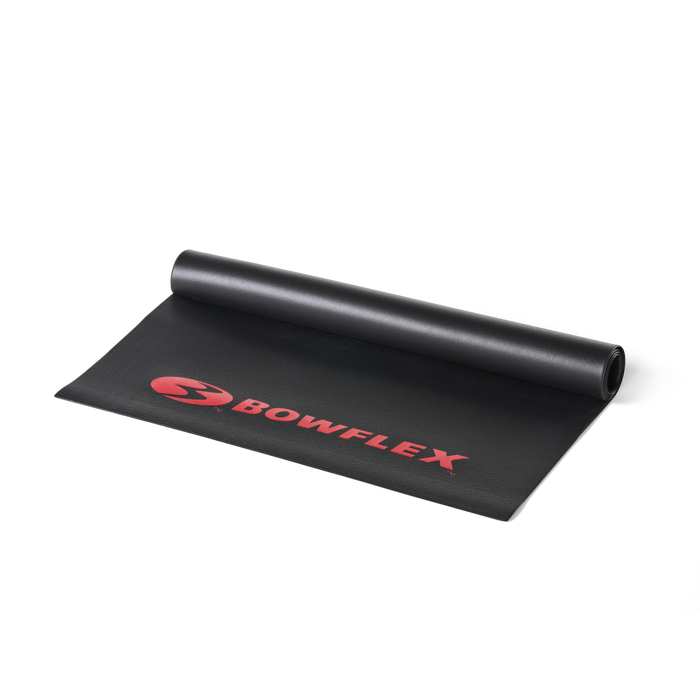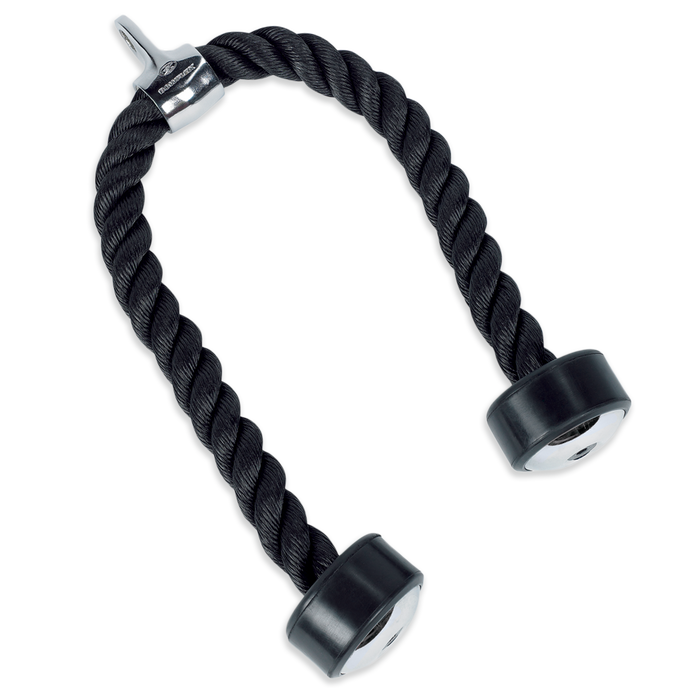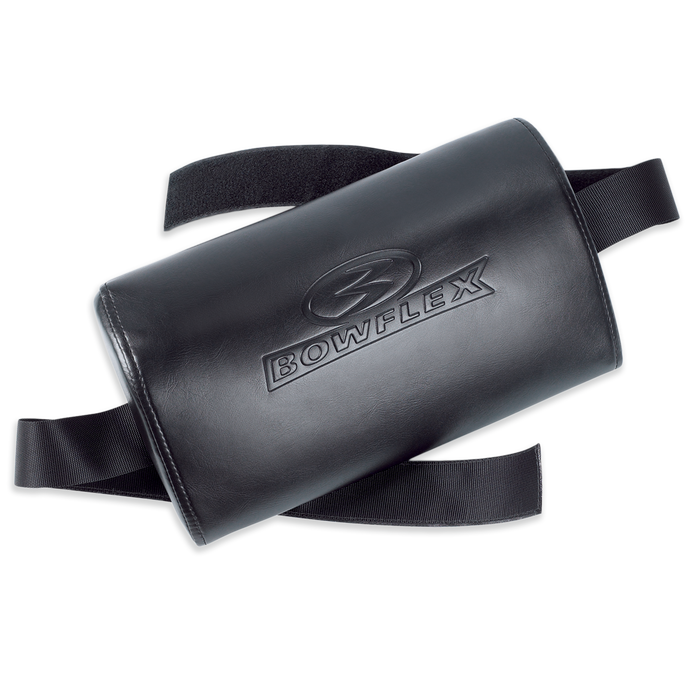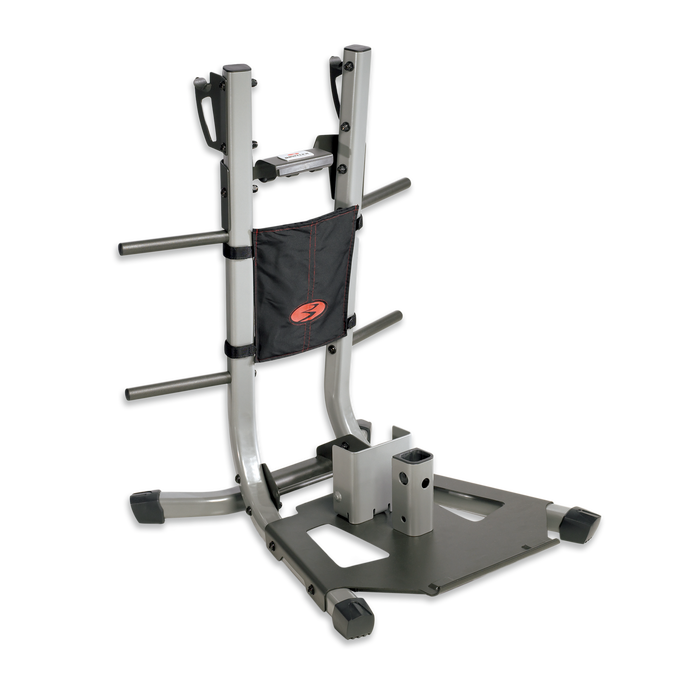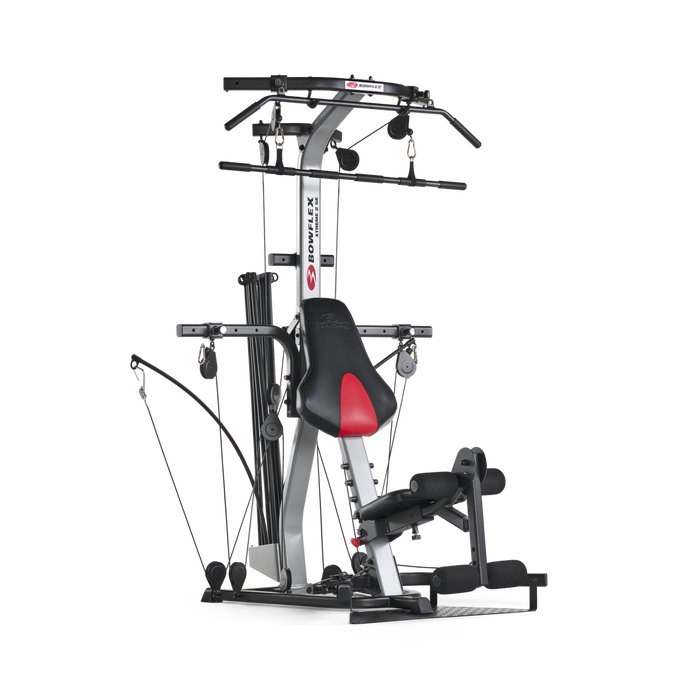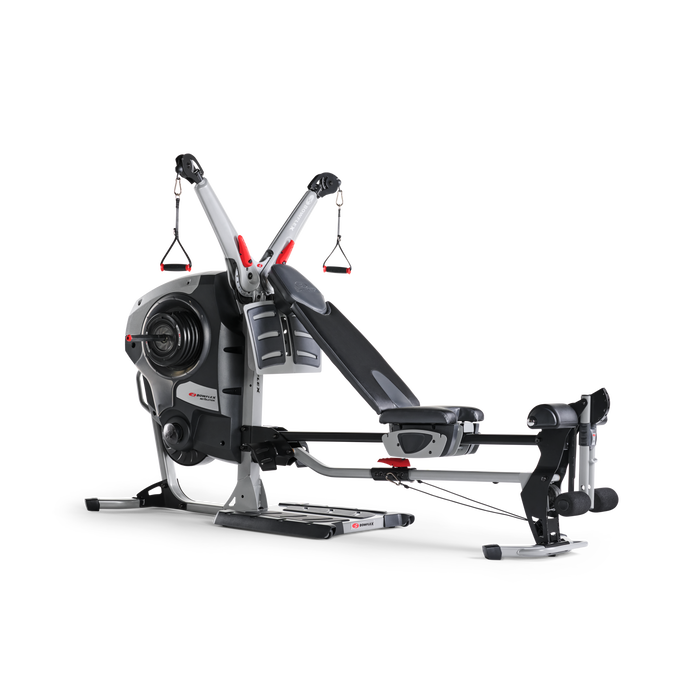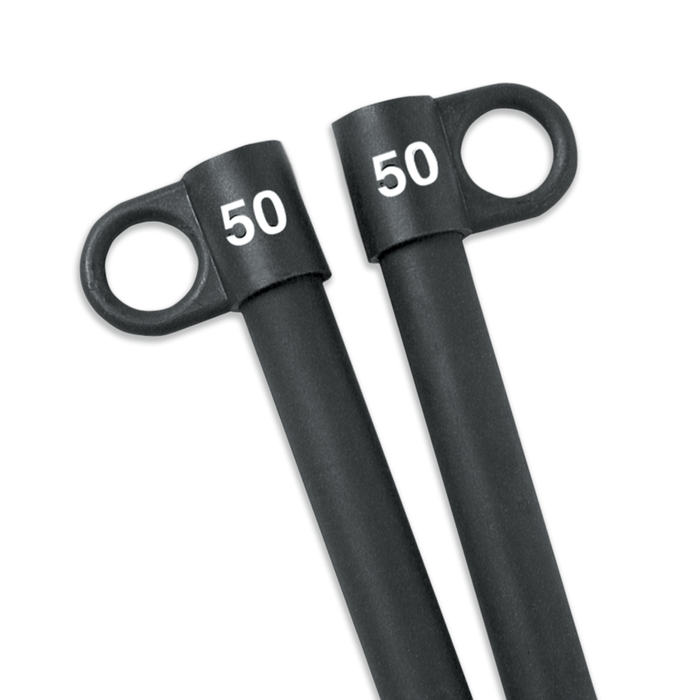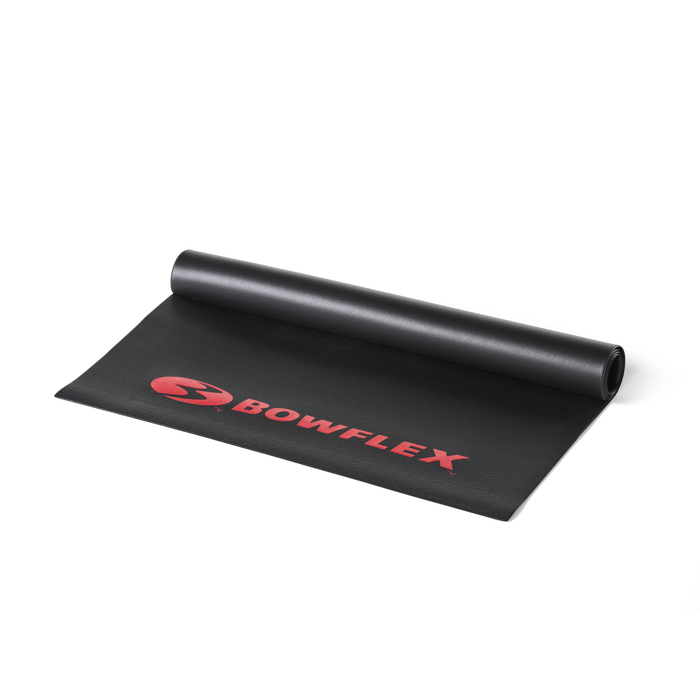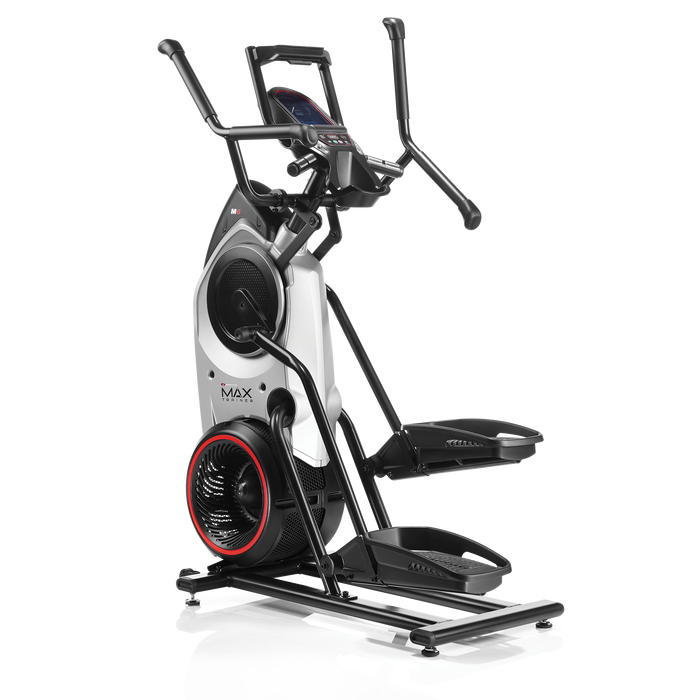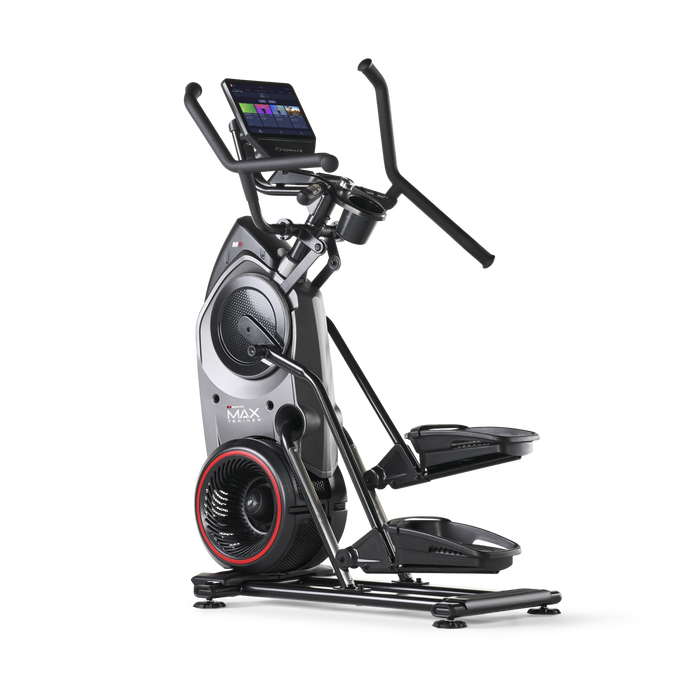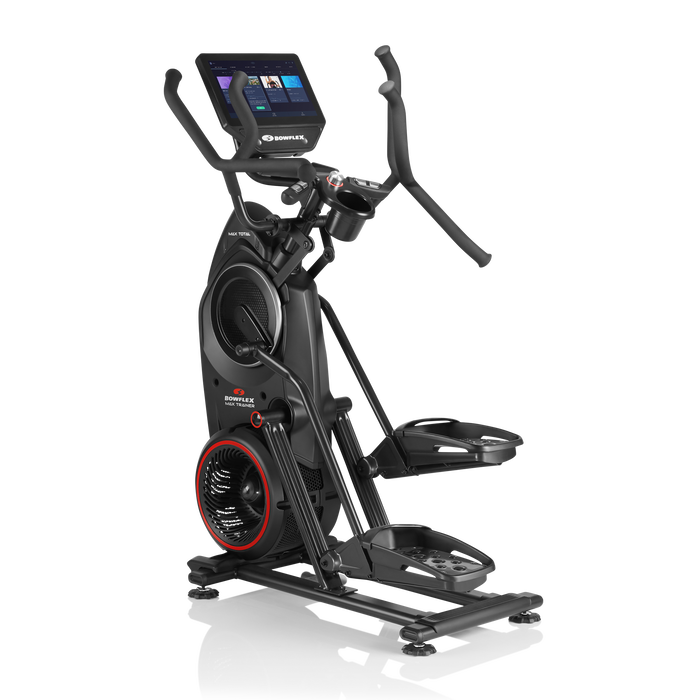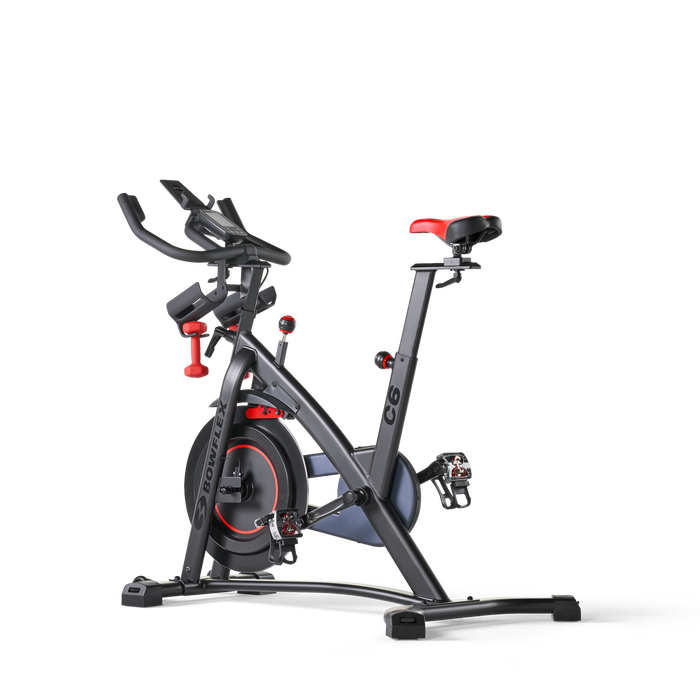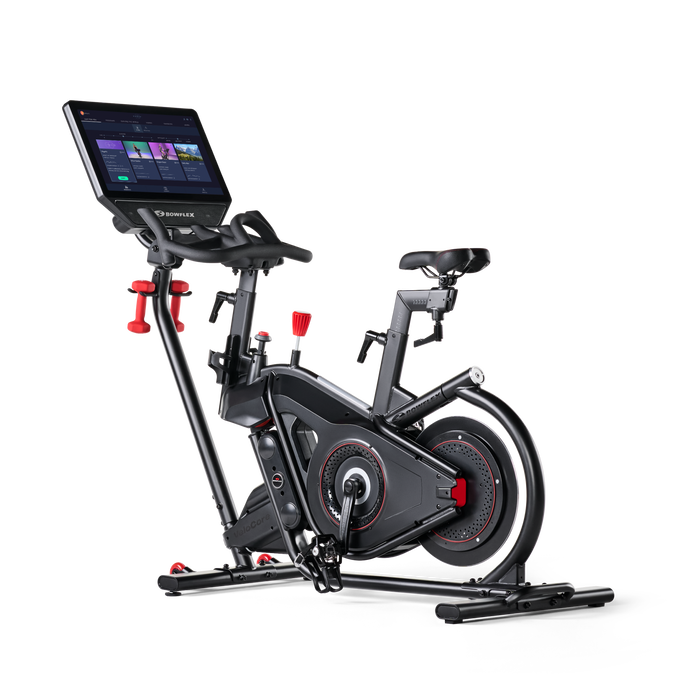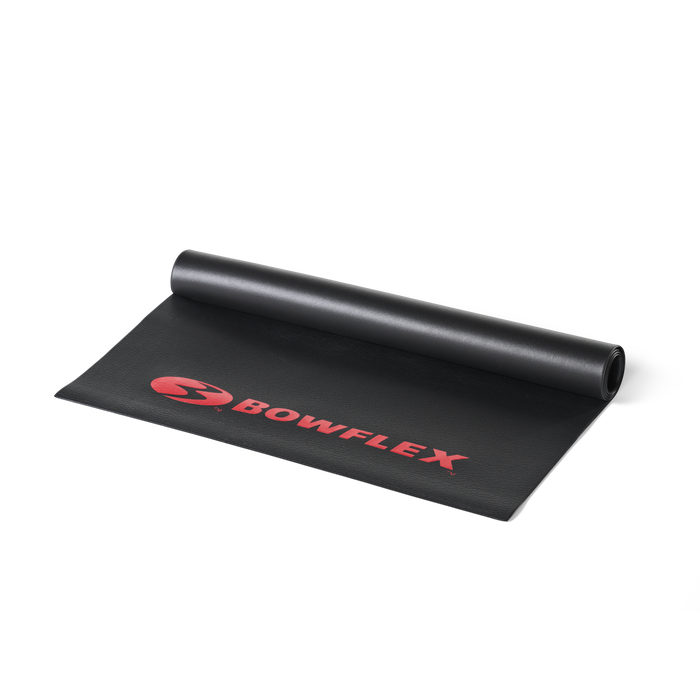Vegetables of the Sea: Worth Adding to Your Diet?

It's green. And slimy. Covered in sand, salt, and ocean debris. Why would you want to consume it?
While Asian cultures have made good use of sea vegetables in their everyday diet for centuries, the many nutrition packed low-calorie varieties of seaweed are finally making their way onto grocery store aisles and restaurant menus beyond the nori sheets used as sushi rolls.
Is this a food trend worth following? Absolutely! Jump on the seaweed bandwagon for a wide array of vitamins and minerals, including calcium, copper, iron, omega-3 fats, B vitamins, and vitamins A, C, E, and K. With just under 10 calories per 1/4 serving there's not many foods you can get this many nutrients from at such a low calorie cost.
Beyond the vitamins and minerals in seaweed, it also has anti-inflammatory, antiviral, and heart health promoting properties. Some research also shows cancer fighting potential with vegetables of the sea. Just like any other food item though, the big picture is the most important and seaweed alone can't prevent cancer, dull pain, or make for a healthy ticker, but when added to an already healthy lifestyle, it may have these benefits.
There are numerous types of edible seaweed, including nori, wakame, and various types of kelp. With no shortage of color, texture, and flavor, seaweed's versatility makes it easy to incorporate into soups, broths, and salads. It can mostly be found in a dehydrated form in grocery stores. Reconstitute it in water or simply by adding to a broth or soup. Wakame can be mixed with lettuce or other vegetables and drizzled with sesame oil and soy sauce for a light side dish, common on Asian food restaurant menus.
Crunchy low-calorie seaweed snacks are also becoming more popular, which are a great alternative to chips and crackers! Kelp in granulated form can also be used as a salt-substitute.
If you're looking to add a little adventure to your plate without sacrificing calories, reap the rewards of low-calorie sea vegetables!
*If you take Coumadin or a similar blood-thinner, please be aware that seaweed has high amounts of Vitamin K.

